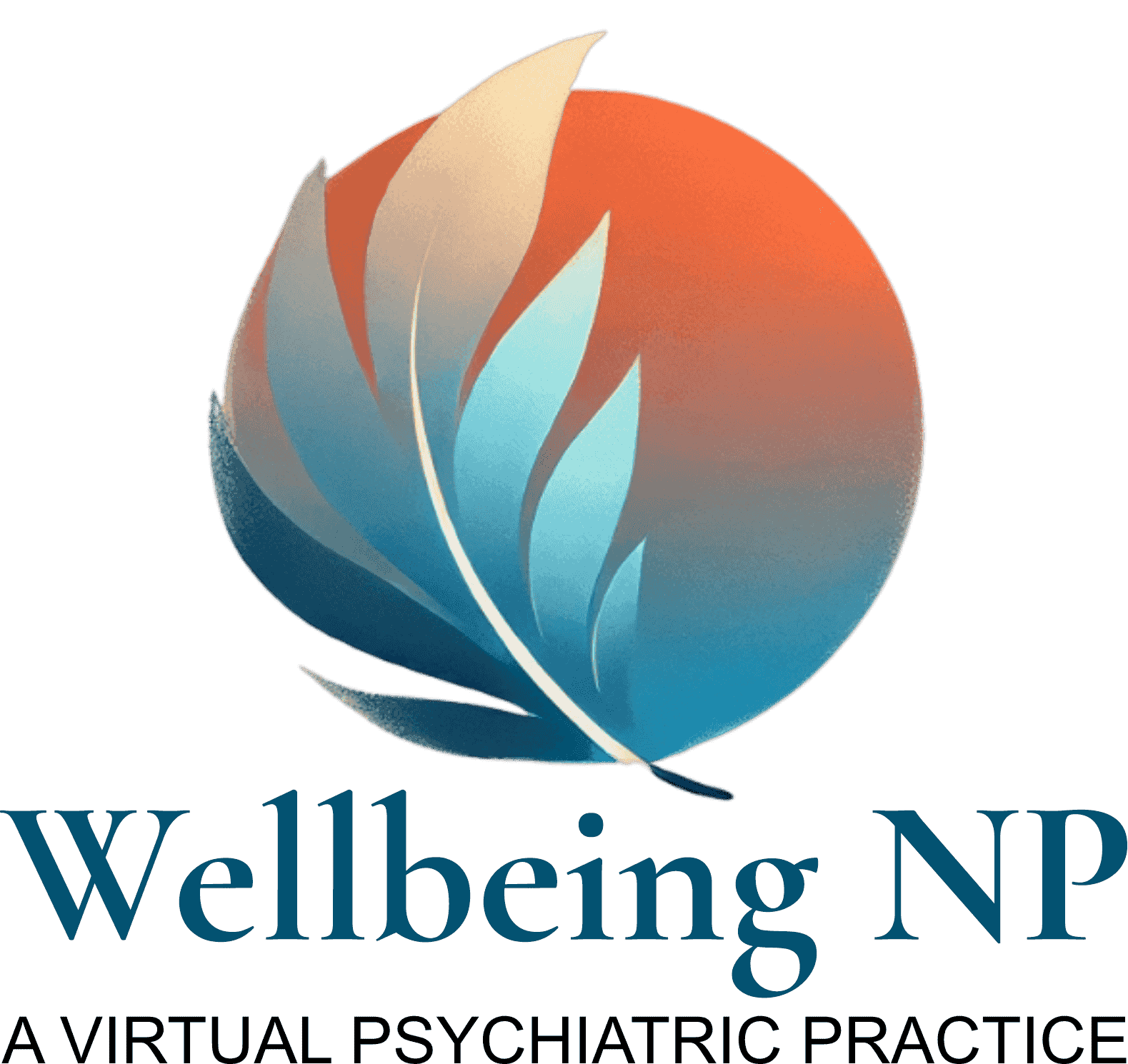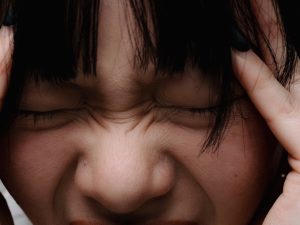
If you’re in midlife and suddenly feel like your focus, memory, or mood has taken a nosedive, you’re not imagining it—and you’re not alone. Many women with ADHD, whether diagnosed earlier or not, notice a sharp shift during perimenopause or menopause. What used to work might not anymore. Your old strategies, routines, or systems may feel harder to access. That’s not a failure. That’s your brain responding to real hormonal changes.
Let’s talk about what’s happening, why it happens, and what can help.
What Happens to ADHD During Menopause?
Estrogen plays a big role in how your brain uses dopamine and norepinephrine. These are the neurotransmitters that help with focus, motivation, emotional regulation, and working memory. During perimenopause and menopause, estrogen levels start to drop, and so does that chemical support.
This can lead to an intensification of ADHD symptoms like:
- Trouble concentrating or completing tasks
- Forgetting names, appointments, or where you just put your keys
- Irritability, emotional reactivity, or unexpected mood swings
- Difficulty sleeping or waking up feeling unrested
If you’ve never been diagnosed with ADHD but have always felt a little “different” in how your brain works, menopause can be the moment it becomes impossible to ignore. The structure you built may no longer hold up under the stress of hormonal change. That doesn’t mean you’re doing something wrong—it means something in your biology has shifted.
Why It Feels So Overwhelming
When ADHD and menopause interact, everyday tasks can feel harder. Executive function—the brain’s management system—gets less support. This affects planning, organizing, decision-making, and the ability to switch between tasks or regulate emotions.
At the same time, sleep disruptions become more common, whether from night sweats, insomnia, or anxiety. And when you’re not sleeping well, ADHD symptoms naturally worsen. Many women also feel like they’re more emotionally sensitive during this time, and that sensitivity is real. It’s not weakness. It’s your nervous system asking for care.
It’s important to name this intersection of ADHD and menopause because once we understand the overlap, we can treat it more effectively.
What You Can Do That Actually Helps
You deserve care that accounts for both your neurodivergent brain and your hormonal body. These are not separate issues. They’re part of the same system. Here’s how we begin to work with it:
Revisit ADHD Treatment
If you’re already on ADHD medication, the dose or timing might need adjusting. If you’ve never tried treatment, now might be a good time to explore it. Medication can improve executive functioning and emotional regulation—but it works best when paired with other supports.
Consider Hormonal Support
Hormone replacement therapy (HRT) isn’t the right fit for everyone, but for many, restoring estrogen can ease both physical and cognitive symptoms. If you’re noticing more brain fog, disorganization, or emotional swings, HRT could be part of the solution. We’ll talk through your medical history, goals, and concerns to figure out what’s safe and appropriate.
Support the Whole System
ADHD and menopause respond best to a multi-layered approach. That might include:
- Cognitive behavioral therapy or ADHD coaching to rework daily systems
- Regular movement to support energy, sleep, and focus
- Nutritional changes, especially more protein, healthy fats, and fiber
- Supplements like magnesium, omega-3s, or B vitamins (if indicated)
- Consistent sleep routines and strategies to quiet the nervous system
There’s no one-size-fits-all plan, but you don’t have to figure it out by trial and error. With support, we can make sense of what’s going on and build a plan that actually works for your life.
A Closer Look: The Brain on Estrogen and Dopamine
Estrogen influences brain function in ways that go beyond hot flashes or mood. It directly modulates the dopamine system—especially in the prefrontal cortex, the part of the brain responsible for organization, attention, impulse control, and emotional regulation.
When estrogen drops, the efficiency of dopamine signaling drops too. For a brain already low in dopamine (like most ADHD brains), this makes a real difference. Tasks that used to take effort now feel impossible. Emotions that used to pass quickly now linger. Focus slips more easily, and fatigue feels heavier.
This isn’t imagined. It’s neurochemical.
Some women describe it as feeling like their ADHD suddenly “got worse.” In reality, their brain’s needs have changed. Supporting dopamine through medication, behavioral strategies, and possibly hormone therapy can help restore function and ease the sense of chaos.
You’re Not Losing Your Mind—This Is a Real Transition
This is a major life shift, not just hormonally but neurologically. ADHD and menopause both deserve care, validation, and thoughtful treatment. You don’t need to push through this or chalk it up to “getting older.” There’s more available, and you’re not the only one going through it.
If you’re noticing changes and want support tailored to both your brain and body, book a consultation. You don’t have to navigate this alone.








